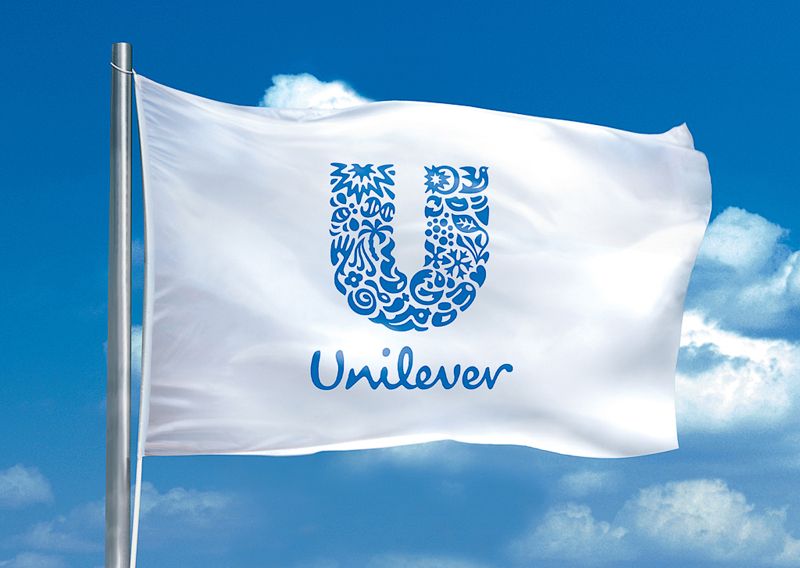Unilever named top sustainable food and beverage firm
Unilever has been named the most sustainable food and beverage company, ranking high on employees and the climate

Unilever has been named the most sustainable food and beverage company, ranking high on employees and the climate.
The rankings are compiled by Oxfam America and rate the top ten food and beverage firms in the sector – Associated British Foods, Danone, General Mills, Kellogg’s, Mondelez, Mars, Pepsi Co, Coca-Cola, Nestle and Unilever.
Each company is given a performance rating out of ten across seven areas– transparency, women, workers, farmers, land, water and climate.
Sophia Lafontant, lead for the Behind the Brand campaign, stated: “It’s exciting to watch these heavyweights battle for the number one spot, however it is clear that there is still a lot of work to be done. One area that seems to be a major weak spot for the majority of the top ten companies is the lack of investment and support to farmers in their supply chain, with half of the big ten barely scoring a 2/10 on the farmers theme. That combined with growing climate change impacts affect not only the farmers, but the companies themselves. It’s a lose/lose situation as it stands now.”
Unilever scored 50 points out of a maximum 70, and was ranked ‘good’ for farmers, workers and the climate.
The only area where the company did not rank as either ‘good’ or ‘fair’ was for women, which the scorecard highlights as an area where progress is required.
Nestle came second in the Battle of the Brands, scoring a total of 48, and ranked highly on land and the climate.
Also in the top three is Coca-Cola despite scoring only two points in the farmers category.
Lafontant added: “While the majority of the top ten food and beverage companies have committed to improvement around gender, climate, land and others the challenge is following through and showing real change on the ground. We need to see action – for people and the planet. Together, we can keep the pressure on these companies to move them from policy to practice.”






